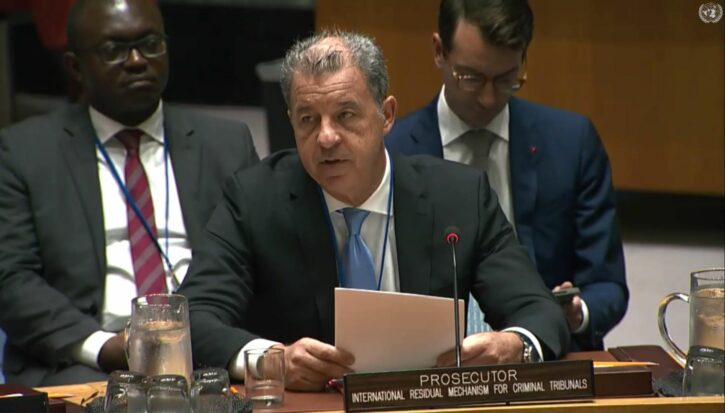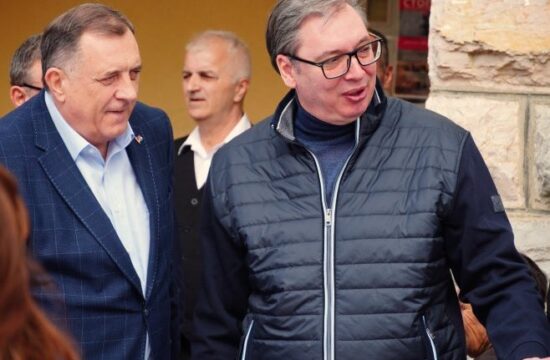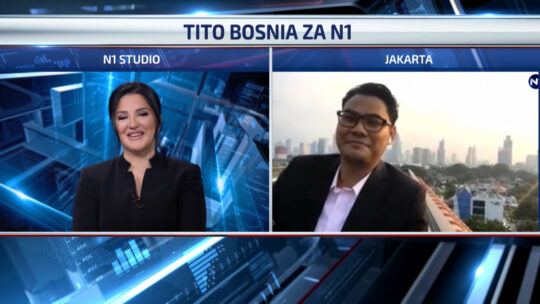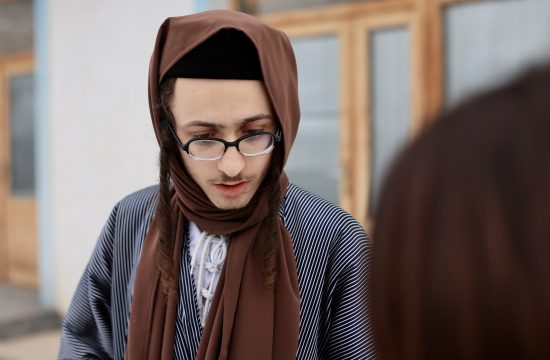
Chief war crimes Prosecutor International Residual Mechanism for Criminal Tribunals (IRMCT), Serge Brammertz, urged the UN Security Council on Wednesday not to betray the victims in former Yugoslavia for the second time and confront the ongoing denial of the committed crimes and the glorification of criminals.
Brammertz reminded in his speech that he first informed the Security Council about the denial and glorification in the countries of the former Yugoslavia five years ago, but that since then, “unfortunately, the situation has worsened dramatically.”
He stated that a Serbian minister last week called the Srebrenica genocide a lie, while an MP congratulated Ratko Mladic for the executed genocide, which he said was a “brilliant military operation.”
Mladic is currently appealing his life sentence for genocide and crimes against humanity.
“Fact is that during the conflict there was unimaginable human suffering that was caused by leaders who used fear, division and hatred,” Brammertz said.
“Denying the crimes causes deep pain to the victims. Their suffering is huge, but some are still decisive in insulting and torturing them even more,” he said.
Brammertz also said that glorifying war criminals was “punishing the youth.”
“What they learn in schools and from their leaders divides them, instead of bringing them together,” he said.
The consequence of that denial and glorification “destabilizes the region and prevents reconciliation,” he said, stressing that it needs to stop so progress can be made.
“The international community has betrayed the victims in Rwanda and former Yugoslavia by standing aside while crimes were committed. We must not betray them again now by not raising our voice against denial and glorification,” he said.
The Hague-based Prosecutor’s Office has achieved “significant progress” in completing the remaining cases it inherited from the International Criminal Tribunal for the Former Yugoslavia (ICTY), he said.
The most significant achievement was the decision to uphold the sentence against Radovan Karadzic for genocide and crimes against humanity, he said.
He also commented on the retrial of Jovica Stanisic and Franko Simatovic, saying that the prosecution has laid out all the evidence and that the defence is now presenting its case.
He noted Serbia’s efforts to secure full cooperation with the Prosecution by swiftly responding to several important requests for assistance and said the Prosecution has completed its written arguments in the appeal of Ratko Mladic.
“It is clear that there is still a lot to do in order to ensure more justice for the victims,” he said, mentioning that there are “thousands of cases” which state courts in former Yugoslavia must still complete.
“Our partners at state levels are unanimous in their claims that they need more support, help and counsel for the successful implementation of national strategies regarding war crimes,” he said, adding that there were 333 requests for help coming from them in the process of evidence presentation – “more than ever before.”
As for regional cooperation, Brammertz said that the countries in former Yugoslavia have obliged themselves to accelerate the processing of war crimes and that “State Prosecutors have clearly stated that accomplishing these goals depends on the continuous and increased help.”
The international community must play a significant role in this process, he said.
He also said that the Prosecution is gathering information about the whereabouts of fugitives.
“However, we are still not getting the cooperation which is needed so that the arrests are secured,” he said, calling upon all countries to respect their international obligations and provide “full support to our efforts.”





